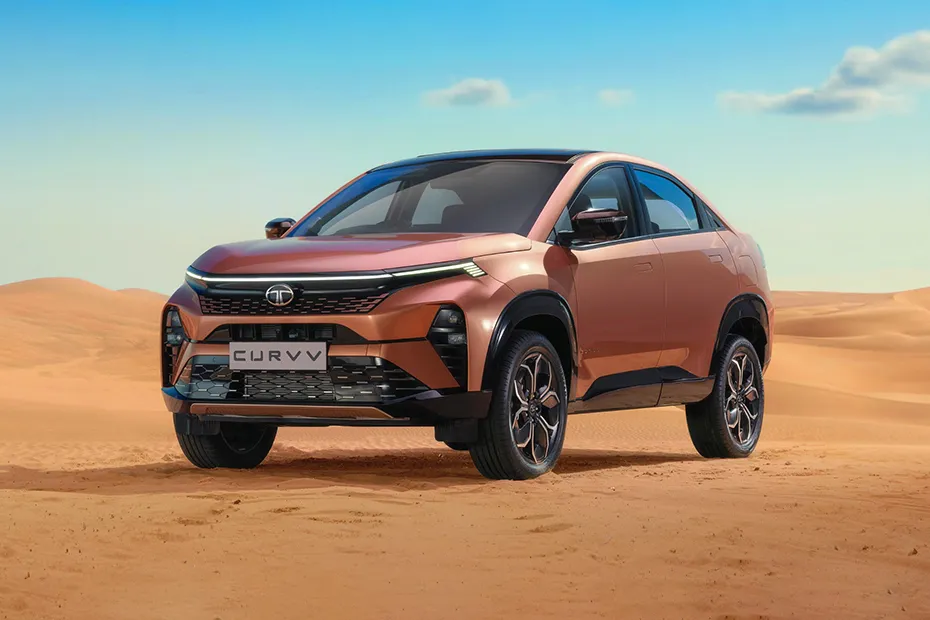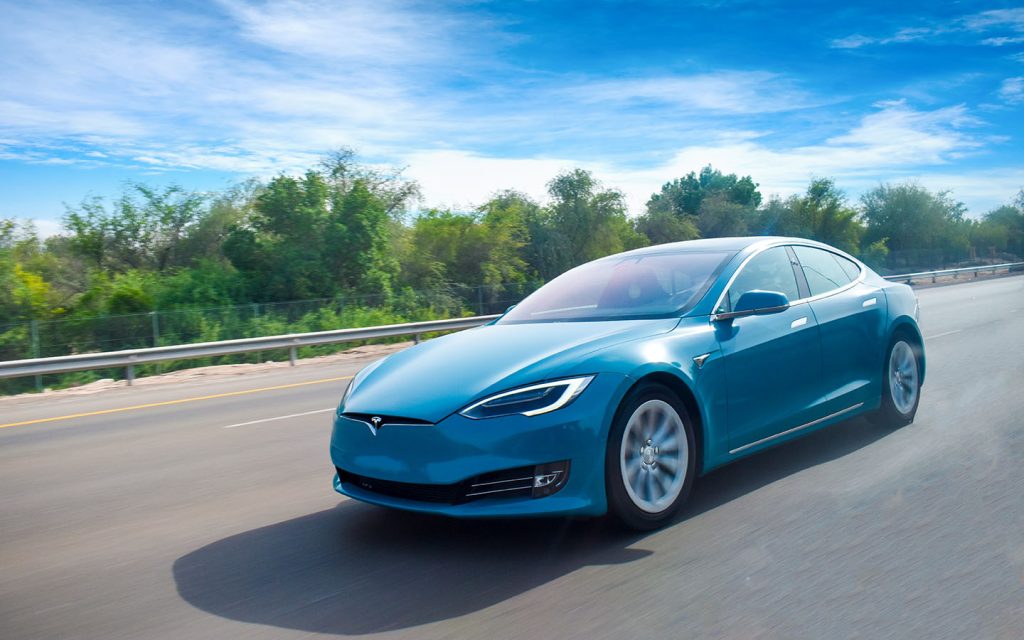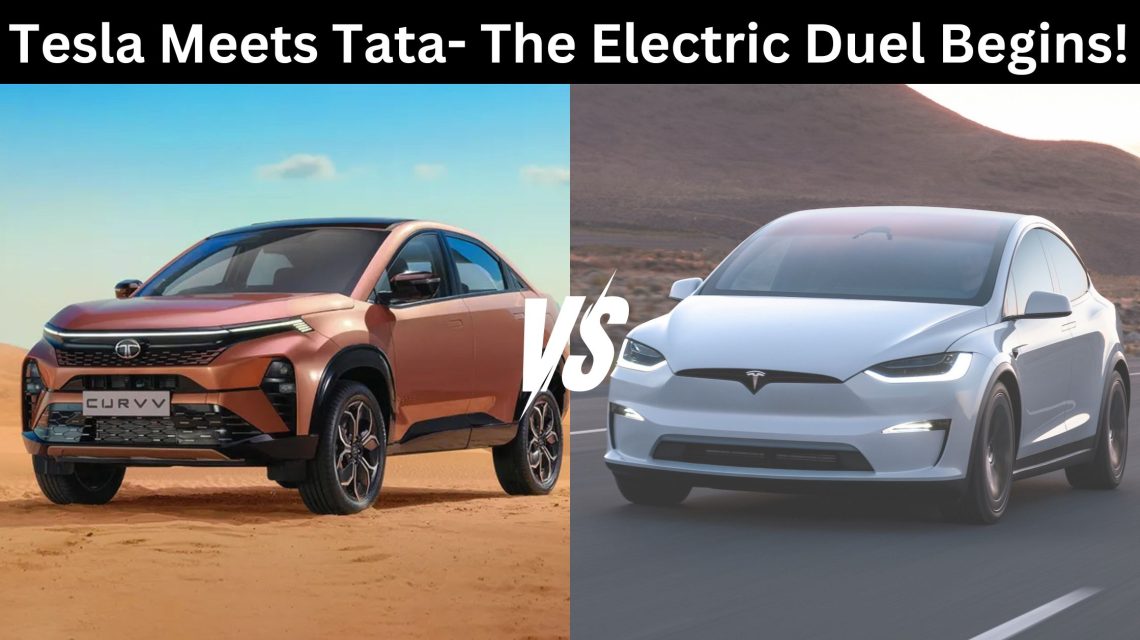India’s electric vehicle (EV) market is rapidly evolving, and two major players are vying for the top spot: Tata Motors and Tesla. While Tesla has garnered global attention for its innovative technology and futuristic designs, Tata Motors has quietly established a strong foothold in the Indian EV market, currently leading with a significant market share.
Tata Motors: The Domestic Champion
Tata Motors, an Indian multinational automotive manufacturing company, has been a pioneer in the Indian EV market. Its Nexon EV and Tigor EV have gained significant popularity due to their affordable pricing, reliable performance, and extensive charging infrastructure.
Key Factors Contributing to Tata’s Dominance:

Early Entry and Strong Brand Reputation: Tata Motors has been actively involved in the EV segment for several years, building a strong brand reputation and a loyal customer base.
Extensive Dealer Network: Tata’s vast dealer network across India ensures easy accessibility for customers, including for sales, service, and charging infrastructure.
Affordability: Tata’s EVs are priced competitively, making them accessible to a wider range of consumers.
Government Support: The Indian government’s supportive policies and incentives for EVs have further boosted Tata’s position.
Tesla, the American electric vehicle and clean energy company, has disrupted the global automotive industry with its innovative technology, luxurious designs, and cutting-edge features. While Tesla has yet to officially launch its vehicles in India, it has been generating significant buzz and anticipation.
Key Challenges for Tesla in India:

High Import Duties: India imposes high import duties on electric vehicles, making Tesla’s products significantly more expensive than domestically produced EVs.
Charging Infrastructure: While Tesla has its own Supercharger network, the availability of public charging stations in India is still limited, which could pose challenges for Tesla owners.
Local Manufacturing: Setting up a manufacturing facility in India could be a complex and time-consuming process.
The Battle AheadWhile Tata Motors currently holds a strong position in the Indian EV market, Tesla’s entry could intensify competition and accelerate the growth of the segment.
Both companies have their strengths and weaknesses, and the ultimate winner will depend on various factors, including:
Government Policies: The government’s policies and incentives will play a crucial role in shaping the future of the Indian EV market.
Charging Infrastructure : The availability of a robust charging infrastructure will be essential for the widespread adoption of EVs.
Consumer Preferences : Consumer preferences, such as pricing, range, features, and brand loyalty, will significantly impact market dynamics.
Technological Advancements : Continuous innovation and advancements in battery technology, charging infrastructure, and autonomous driving will be key drivers of growth.
Conclusion :
The Indian EV market is poised for significant growth, with Tata Motors and Tesla as key contenders. While Tata Motors currently leads the race, Tesla’s entry could disrupt the market and accelerate the adoption of electric vehicles in India. The future of the Indian EV market is exciting and full of potential, and it will be interesting to see how these two companies shape the landscape.


